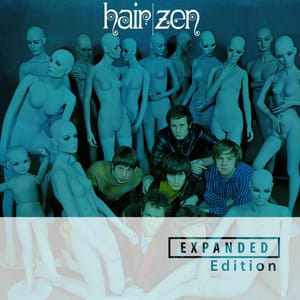spalarnia’s Current Track Crush

Hafez Nazeri Existence: Life (2014)
Algorithms keep giving you more of the same. Our newsletter is dedicated to the rest. A song and an interesting story about it, every weekday.
We are open to any music genre and era and try to offer as diverse a selection as possible. In order not to be limited by our own preferences and patterns, we rely on a rotating team of contributors with different backgrounds.

Hafez Nazeri Existence: Life (2014)

Prinz Pi Königin von Kreuzberg (2011)

ZEN I've Been Drowned (1969 / 2023)
Become a paying member of The Rest to gain full access to the complete archive.
Editorial comments and musical inputs?